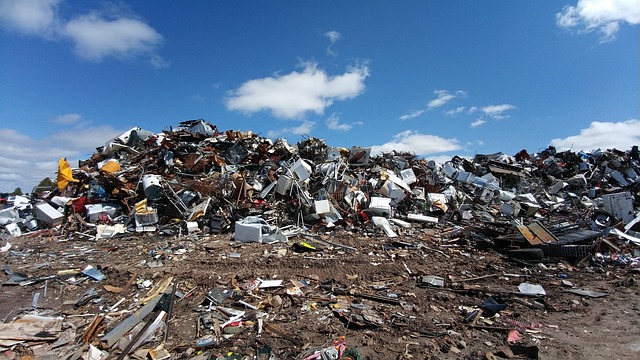EN 16200 Sulfate Content in Hazardous Waste
The European Standard EN 16200 provides a comprehensive framework for determining sulfate content in hazardous waste. This service is critical for ensuring compliance with environmental regulations and for the safe handling of industrial by-products.
Understanding sulfate content is paramount, as excessive sulfate can lead to the formation of sulfuric acid when mixed with water. This reaction can cause significant damage to infrastructure and ecosystems. The standard outlines rigorous procedures to measure sulfate content accurately, which is essential for the proper management of hazardous waste in various industries such as mining, chemical processing, and oil refining.
The testing process involves a series of steps designed to ensure precision and reliability. Specimens are prepared by carefully selecting representative samples from the hazardous waste stream. The sample preparation must be done under controlled conditions to prevent any contamination that could skew results. Once prepared, the samples undergo analysis using gravimetric methods or titrimetric techniques.
The gravimetric method involves drying the sample and then dissolving it in a suitable acid solution before filtering out the insoluble matter. The filtrate is then titrated with standard solutions to determine the sulfate content. This method provides high accuracy but can be time-consuming. On the other hand, titrimetric techniques are faster but may not achieve the same level of precision.
The acceptance criteria for sulfate content in hazardous waste are strictly defined by EN 16200. These thresholds vary based on the intended use and final disposition of the waste. For example, if the waste is destined for landfills or recycling, stricter limits apply to minimize environmental impact. Compliance with these standards is mandatory to avoid potential legal issues and ensure public safety.
Our laboratory utilizes state-of-the-art instrumentation to perform these tests, ensuring that results are both accurate and reproducible. Our team of experts adheres strictly to the procedures outlined in EN 16200, providing clients with reliable data they can trust for regulatory compliance.
Applied Standards
| Standard | Description |
|---|---|
| EN 16200 | This European standard provides the methods for determining sulfate content in hazardous waste. |
| ISO/IEC 17025 | Ensures that our laboratory meets international standards for technical competence and quality. |
Eurolab Advantages
We offer a range of services to ensure comprehensive support for your compliance needs:
- Comprehensive Testing Services: We provide not only sulfate content testing but also a full suite of hazardous waste analysis.
- Expertise in Regulatory Compliance: Our team stays updated with the latest regulatory changes and ensures that all tests are conducted according to current standards.
- Advanced Instrumentation: Utilizing cutting-edge technology for precise measurement, our laboratory delivers accurate results every time.
- Custom Solutions: Tailored testing plans to meet your unique requirements, ensuring no stone is left unturned in compliance efforts.
We pride ourselves on providing not just reliable data but also actionable insights that can help improve processes and reduce risks associated with hazardous waste management.
Competitive Advantage and Market Impact
- Accurate Data: Our laboratory consistently delivers accurate results, which is crucial for making informed decisions regarding waste disposal and recycling.
- Rapid Turnaround Times: By optimizing our processes, we ensure that clients receive their results quickly without compromising on quality.
- Eco-Friendly Practices: We implement environmentally friendly practices in all our operations to minimize our ecological footprint.
- Long-Term Partnerships: Our commitment to excellence fosters long-term relationships with clients, ensuring repeat business and referrals.
Our services play a pivotal role in the hazardous waste management industry by providing robust data that supports regulatory compliance and environmental stewardship. By adhering strictly to EN 16200, we contribute to safer environments and more sustainable practices across various sectors.





